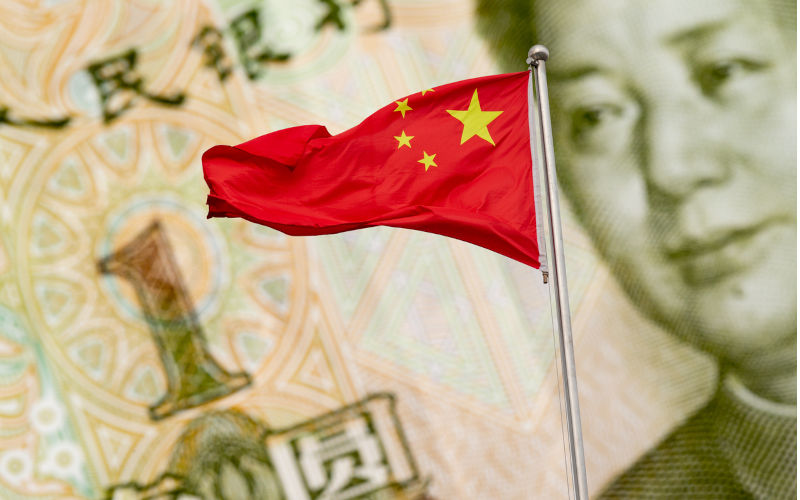Much more than a cyclical adjustment, Beijing’s latest policy shift marks a milestone in the history of its economic management.
Beijing’s larger-than-expected market rescue plan announced last week is extraordinary in every way. The policies, from interest rate cuts to special funding schemes for the stock market, are significant. But investors are particularly excited about a shift in policymaking that may have removed certain self-imposed constraints in dealing with the economy and stock market.
Before the shift, a big concern regarding China’s economic prospects was whether Beijing was serious in putting growth at the top of its agenda. There were fears among investors that development may have lost significance to security and order.
Beijing sometimes looked indifferent when market participants pleaded for support. As late as the Politburo meeting on July 30, when deflationary pressure was obvious and Beijing’s own growth target was at risk, China’s leaders still vowed to keep “strategic focus” and a “prudent” monetary stance, implying that they were not in the mood for any meaningful supportive measures.
Therefore, the press conference by China’s financial regulators last Tuesday was a big surprise for many. And a bigger surprise came two days later when China’s Politburo, the supreme 24-member decision-making body, broke its own tradition to convene a special meeting on economic problems, rallying the state apparatus and the whole country to make growth a priority. The wording in the Chinese readout leaves no room for doubt that Beijing is taking economic growth seriously.
The Politburo meeting also showed that China’s top leaders are aware of the problems on the ground and are willing to face them, removing another source of anxiety for investors. For some time, China has sent confusing signals to the market, going so far as to label not-so-positive economic views and comments as unwelcome or even acts of hostility.
China’s national security ministry threatened to go after those who dared to “short” the country’s assets through words or actions. Such warnings frightened investors away, as there’s no point going “long” if going “short” is not allowed.
The Politburo statement last week, however, stated that China must face difficulties in a “straightforward” manner, an acknowledgement that the country’s economic woes are not just narrative nonsense to be rebuffed but real challenges to be tackled.
Furthermore, it seems that China’s leadership has finally come to terms with the “animal sprit” of the market. It is a significant change as the Chinese state has been mistrustful of raw market forces. The government maintained a heavy hand by imposing, and then removing, policies in different sectors, trying to guide, tame and discipline market participants, thus marking it hard for the market to function.
More often than not, the state and the market were not on the same page, resulting in unnecessary competition, tensions, and losses. China’s once vibrant private equity market is a typical example of how interventionist state policies and government money have elbowed out market-oriented practices and institutions.
The message from the Politburo is now very different. It urges the whole of Chinese society to take initiatives and unleash creativity to spur economic growth. In particular, the leadership has asked risk-averse cadres to take decisive action and promised to forgive their mistakes if made with good intentions, a stance that may motivate local government officials to be aggressive in pursuing growth.
Some economists are right to note that Beijing’s latest policy package is not a silver bullet. China’s structural problems such as an ageing population and geopolitical tensions have no quick fixes, and there is still a question mark of how many trillions of yuan the finance ministry can set aside to arrest a property market slump.
But it should be noted Beijing’s policy shift is much more than a cyclical adjustment. The change in tone from China’s top leaders in itself marks a milestone in the history of Beijing’s economic management. China’s leadership is showing the world that it listens, cares and respects the market. This deserves applause, and that is why the market reacted so fervently.
Republished fro South China Morning Post, China economy, October 01, 2024
Zhou Xin
Zhou Xin is Tech Editor of the Post, following stints as Political Economy Editor and Deputy China Editor. He has previously worked for Reuters and Bloomberg in Beijing.
